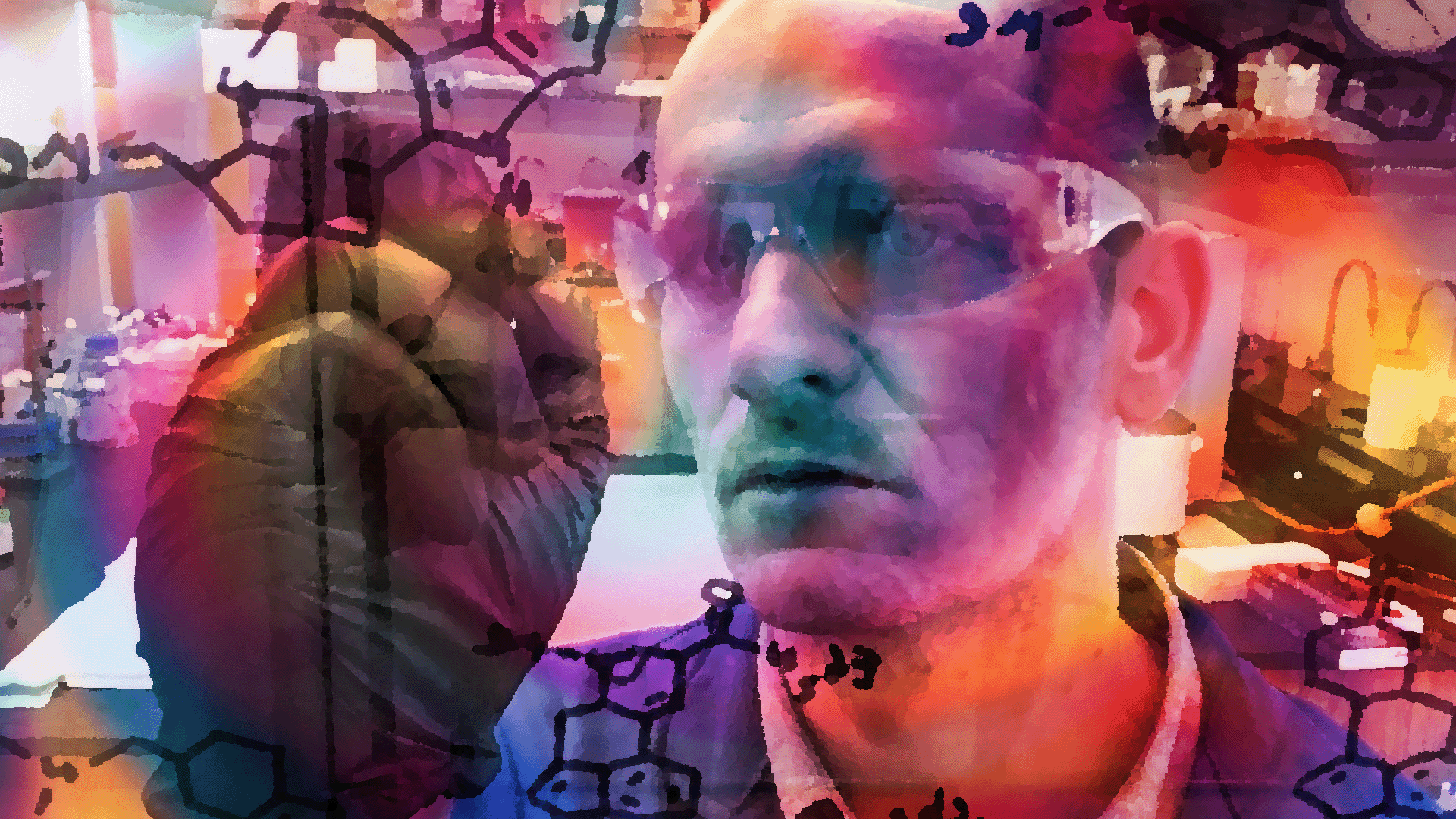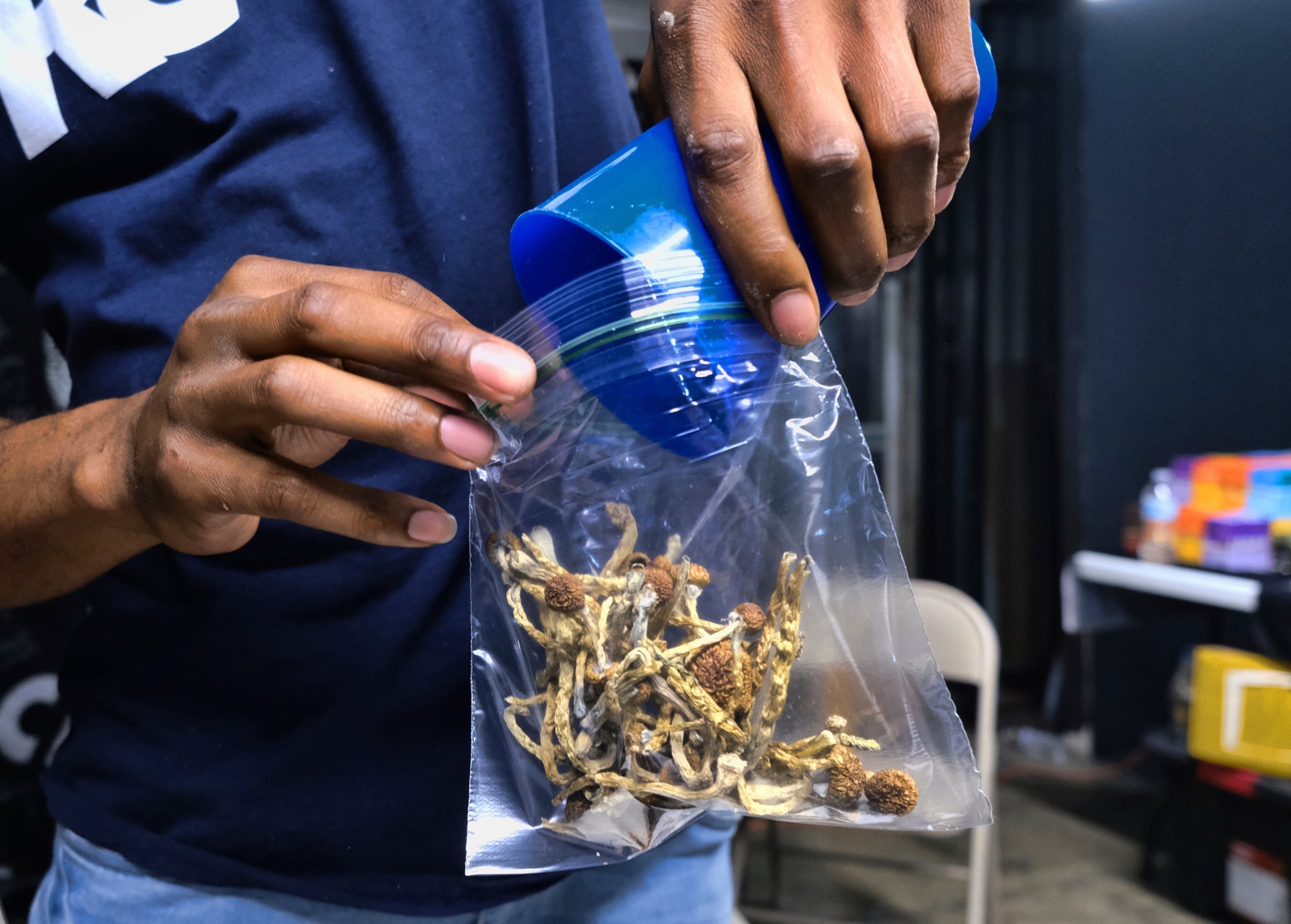In November, the Food and Drug Administration chose to advance drug trials for treating post-traumatic stress disorder with MDMA, also known as Ecstasy. We find out how the drug may help, and what past clinical trials have shown. We also speak with State Assembly Speaker Robin Vos about the past year at the Capitol, and his priorities for 2017. Plus, many jobs don’t get much respect from employers, customers, or the public. A guest offers ways to restore respect and dignity to all types of labor.
Featured in this Show
-
The Year In Review: Speaker Robin Vos
Wisconsin’s Assembly Speaker, Republican Robin Vos, joins us to take a look back at 2016 and to discuss his priorities for the next session.
-
F.D.A Approves New Trials For Ecstasy As A Treatment For PTSD
In November, the Food and Drug Administration gave the green light to advance drug trials for treating post-traumatic stress disorder with MDMA–also known as ecstasy. The FDA approved Phase 3 clinical trials, the final step before possible approval of MDMA as a prescription drug. We find out how the drug helps those who suffer with PTSD and what participants in past clinical trials say about the treatment.
-
Clinical Trials Show Promising Results For Treating PTSD With Ecstasy
The U.S. Food and Drug Administration gave the green light last month to advance drug trials for treating post-traumatic stress disorder with MDMA, commonly known as ecstasy, after a series of promising test results.
Researchers are so optimistic about the drug that they’ve applied for so-called breakthrough therapy status with the FDA, which would speed up the approval process. The agency has approved Phase 3 clinical trials, the final step before approval as a prescription drug.
David Philipps, national correspondent for The New York Times, recently reported on the treatment method and called the clinical trial results “incredible” and much needed.
“What’s different about the wars in Iraq and Afghanistan is there was really a huge effort to recognize and treat PTSD as it happened. But what became quickly obvious was that there weren’t very effective treatments,” he said.
Philipps said traditional treatments typically involve off-label medications, which often came with negative effects or are altogether ineffective, and psychotherapy. But many soldiers we’re still struggling with suicidal thoughts and social isolation among other symptoms of the disorder.
The first round of drug trials began in 2013 and has involved dozens of participants over the years, all of whom suffered from chronic PTSD and had exhausted other treatment options.
Participants underwent three sessions, each about eight hours long and under the administration and supervision of a psychiatrist and a psychiatric nurse.
“During those sessions, you essentially lie on (a) cot surrounded by fresh flowers and soothing music, and you are allowed to sort of let the medication take over and help you process your thoughts,” Philipps said. “They were able to step back and look at everything that they’ve been dealing with but not necessarily recognizing, and they were able to put it into perspective.”
After the sessions, two-thirds of the participants did not meet the criteria for having PTSD, and on average, there was about a 60 percent reduction in overall symptoms.
“That didn’t heal things for them immediately, but it did give them sort of what one guy described to me as a map of the way towards healing,” Philipps said.
Ecstasy may sound like a bizarre treatment method for PTSD, but Philipps said a lot of people in psychotherapy have been interested in using the drug for this type of treatment for decades.
“In fact, before it was made illegal in the mid-80s, there were hundreds or maybe even thousands of psychotherapists who were doing therapy that included a session or two of ecstasy,” he said.
Ecstasy prompts the brain to open the floodgates of various chemicals that help create trust and feelings of safety and love.
“The idea was that if you could flood the brain in that way, it would allow people to process traumatic memories and sort of put them in perspective that they have been unable to process because the injuries of PTSD have sort of been keeping that from happening,” Philipps said.
Nearly 8 percent of Americans will experience PTSD at some point in their lives, according to Nebraska Department of Veterans’ Affairs estimates. Women are twice as likely as men to develop the disorder. About 30 percent of soldiers who have spent time in war zones experience PTSD, according to the VA estimates.
-
Restoring The Dignity Of Work
A lot of jobs don’t get much respect, from employers, customers, and the public. A guest makes that case that we need to restore respect and dignity to labor.
Episode Credits
- Rob Ferrett Host
- Judith Siers-Poisson Producer
- Amanda Magnus Producer
- Rob Ferrett Producer
- Robin Vos Guest
- David Philipps Guest
- Thomas Thibodeau Guest
Wisconsin Public Radio, © Copyright 2024, Board of Regents of the University of Wisconsin System and Wisconsin Educational Communications Board.





